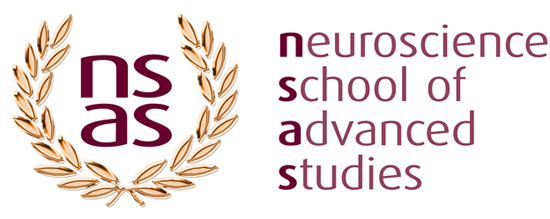Disorders of Consciousness
June 6-10, 2024
Director:
Christof Koch, The Allen Institute for Brain Science, Seattle, USA
Faculty:
Olivia Gosseries, Coma Science Group, GIGA-Consciousness, University of Liège, Belgium
Michael Young, MGH/Harvard Medical School, Boston, USA
Jan Claassen, Columbia University Medical Center, New York, USA
Brian Edlow, Massachusetts General Hospital, Boston, USA
Daniel Kondziella, University of Copenhagen, Denmark
Marcello Massimini, University of Milan, Italy
Christof Koch, The Allen Institute for Brain Science, Seattle, USA
Predicting Consciousness and the Potential for Recovery in Disorders of Consciousness
Disorders of consciousness (DoC) due to severe brain injury affect more than one million people worldwide each year. They are a source of high emotional and economic burden for families and caregivers. While the majority of DoC are temporary, withdrawal of life-sustaining therapy is the most frequent cause of death in patients in the intensive care unit. Such a decision is often made without a clear understanding of the state of consciousness of the patient or their potential for recovery. Given the recent evidence for significant rates of covert consciousness, that is, being conscious yet without being able to behave appropriately, this is an urgent ethical dilemma. On the other hand, prolonging life support for patients who have little chance of recovering consciousness is a large burden for healthcare institutions. It potentially deprives other patients with more recovery potential of precious life-saving resources. Thus, there is an urgent need to develop diagnostic and prognostic methods that are both highly sensitive and specific and that can be routinely used in acute and sub-acute clinical settings.
This Challenge Workshop is for neuroscientists, neurologists, neuro-intensivists, and ethicists interested in the science, treatment, and clinical practice of diagnosing consciousness and in prognosticating recovery in behavioral unresponsive patients and appropriate animal models.
